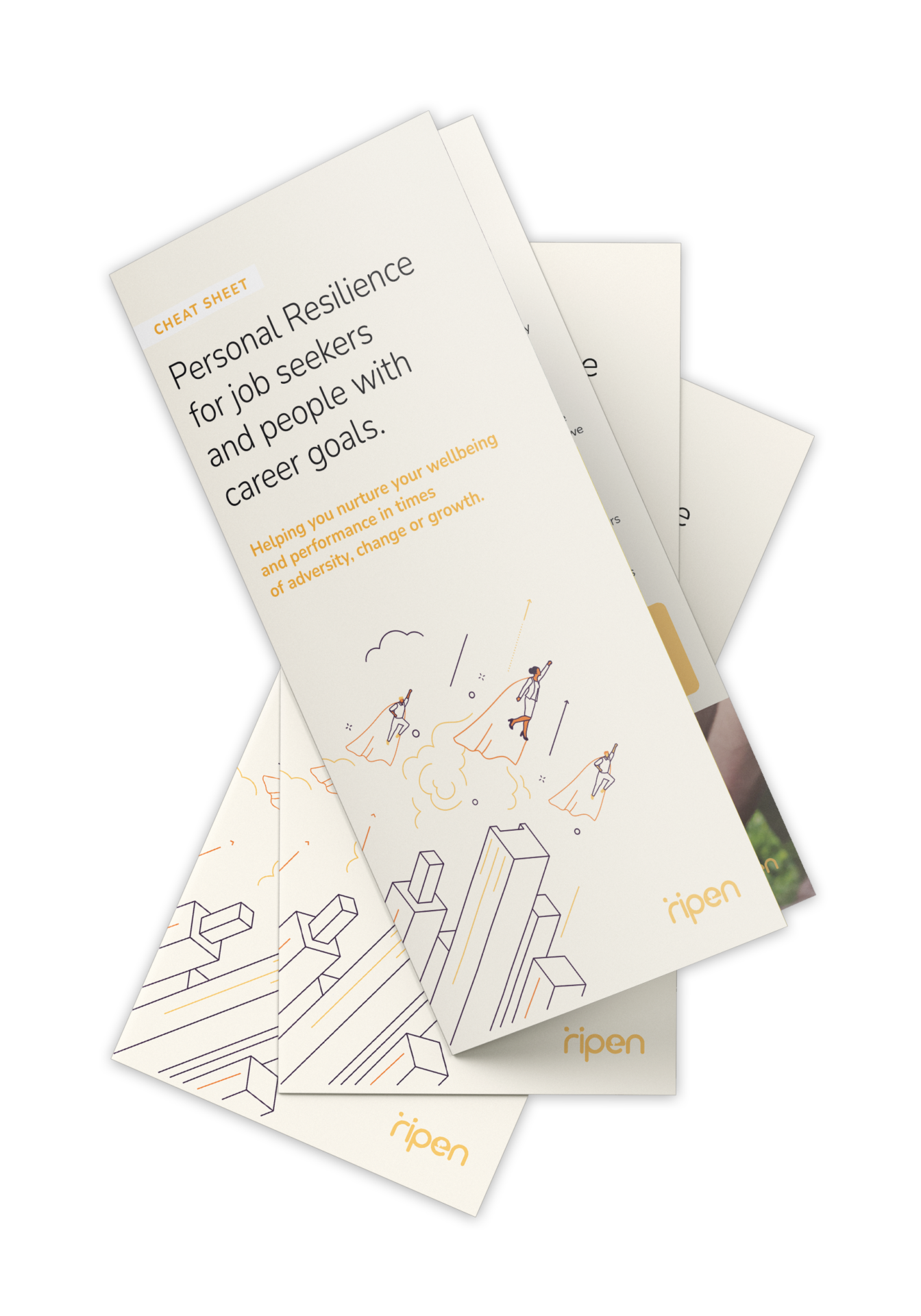What life do you want to live? How would you like to be remembered?
As children we have idealistic fantasies about a career, typically involving pursuits such as becoming a painter, a dancer, a fighter jet pilot or even a superhero. Yet in late teens and early 20s our career thinking usually turns more serious, and from mid-20s through the remainder of early adulthood we often seek to establish a career in a safe and secure profession, usually ignoring our dreams and passions.
In many societies today there are deep-rooted cultural beliefs that engaging in hardwork for long hours through adulthood will produce a path to status, security and happiness. Work defines people in fundamental ways, and many people define their identity through their work. However, research shows that too many individuals focus on short-term goals in navigating their career, and don’t explore the bigger, longer-term picture of what they want to do with their lives. This pursuit of short-term goals and incentives leads to longer-term issues of reaching middle adulthood and feeling trapped in a career that is unfulfilling, uninspiring and unenjoyable.
You will likely spend about one third of your life at work. That is a lot of days, weeks, months and years that could be wasted not fulfilling your potential and not finding a life pursuit that energises you. Pursuing a career path that you find purposeful and energising is not easy, but it is possible.
Here’s how…

